Michael Platt is James S. Riepe University Professor at the University of Pennsylvania.
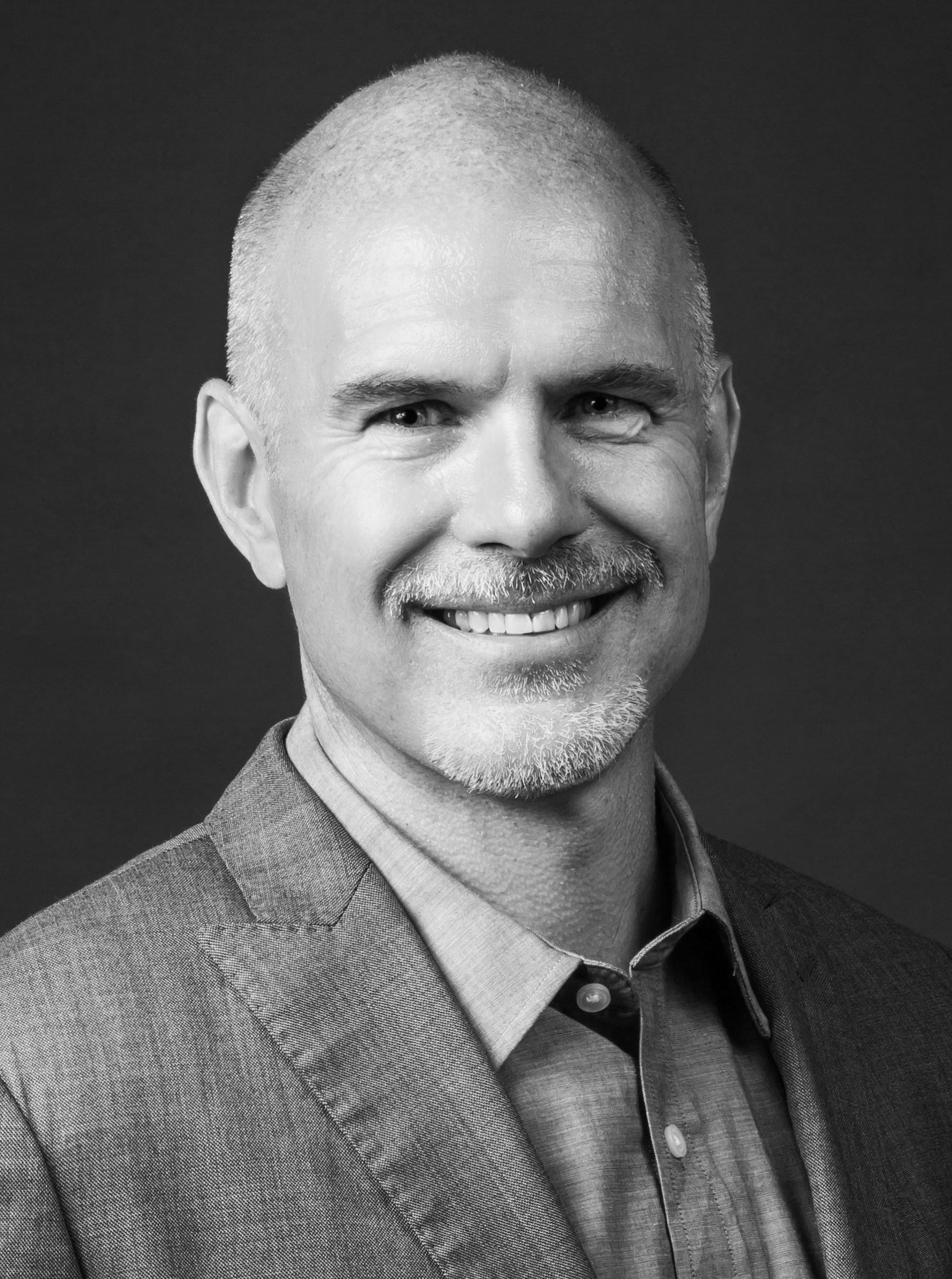
Michael Platt
Professor
University of Pennsylvania
From this contributor
Friends of friends: How monkey island’s residents bonded after Hurricane Maria
On 20 September 2017, Hurricane Maria passed over Puerto Rico’s Cayo Santiago Island, home to more than 1,500 non-native rhesus macaques. After the storm, the monkeys formed new, unexpected relationships in ways that could offer clues about autism.
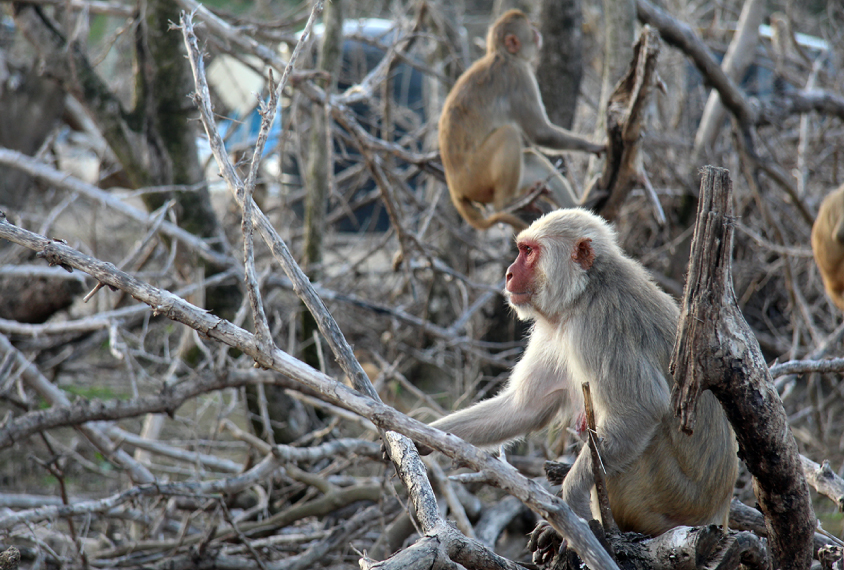
Friends of friends: How monkey island’s residents bonded after Hurricane Maria
Explore more from The Transmitter
Karen Adolph explains how we develop our ability to move through the world
How do babies' bodies and their environment teach them to move—and how can robots benefit from these insights?
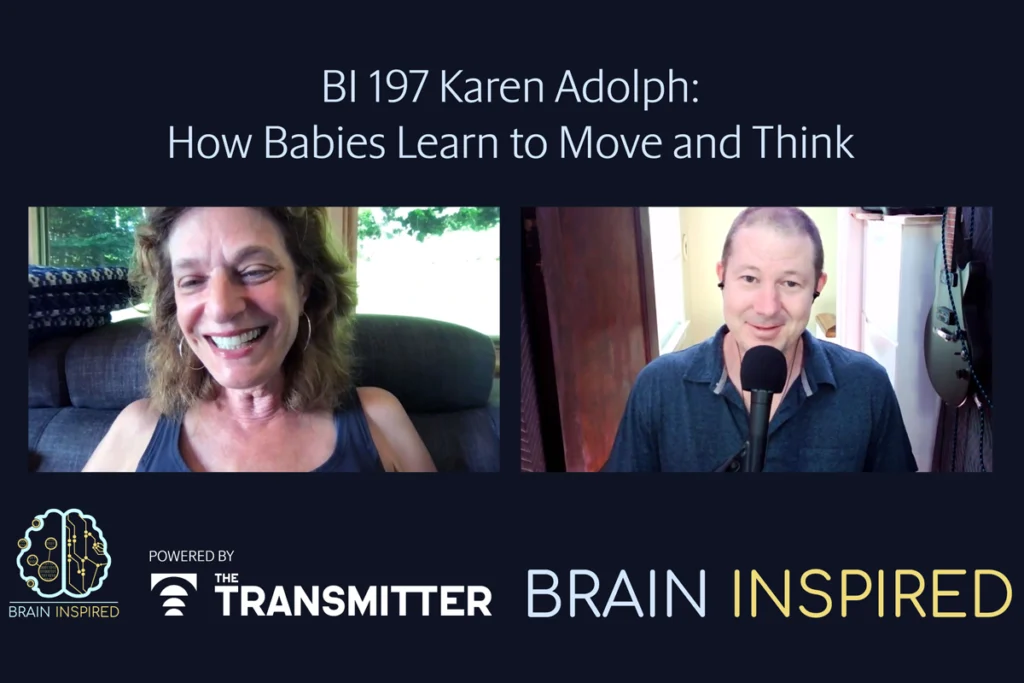
Karen Adolph explains how we develop our ability to move through the world
How do babies' bodies and their environment teach them to move—and how can robots benefit from these insights?
Microglia’s pruning function called into question
Scientists are divided over the extent to which the cells sculpt circuits during development.
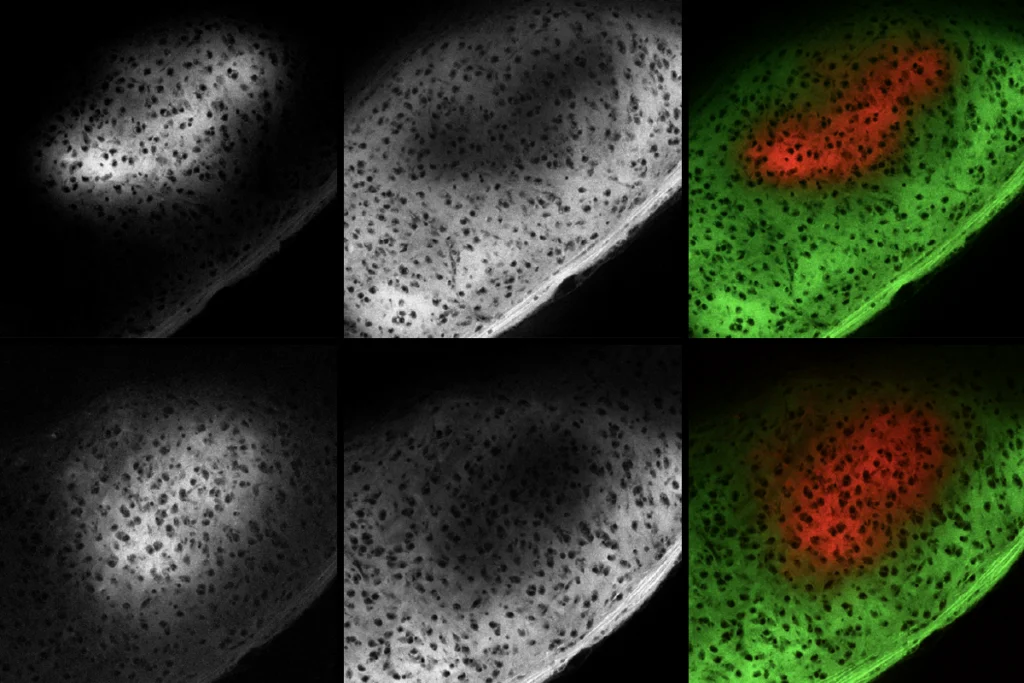
Microglia’s pruning function called into question
Scientists are divided over the extent to which the cells sculpt circuits during development.
Early trajectory of Alzheimer’s tracked in single-cell brain atlases
Inflammation in glia and the loss of certain inhibitory cells may kick off a disease cascade decades before diagnosis.
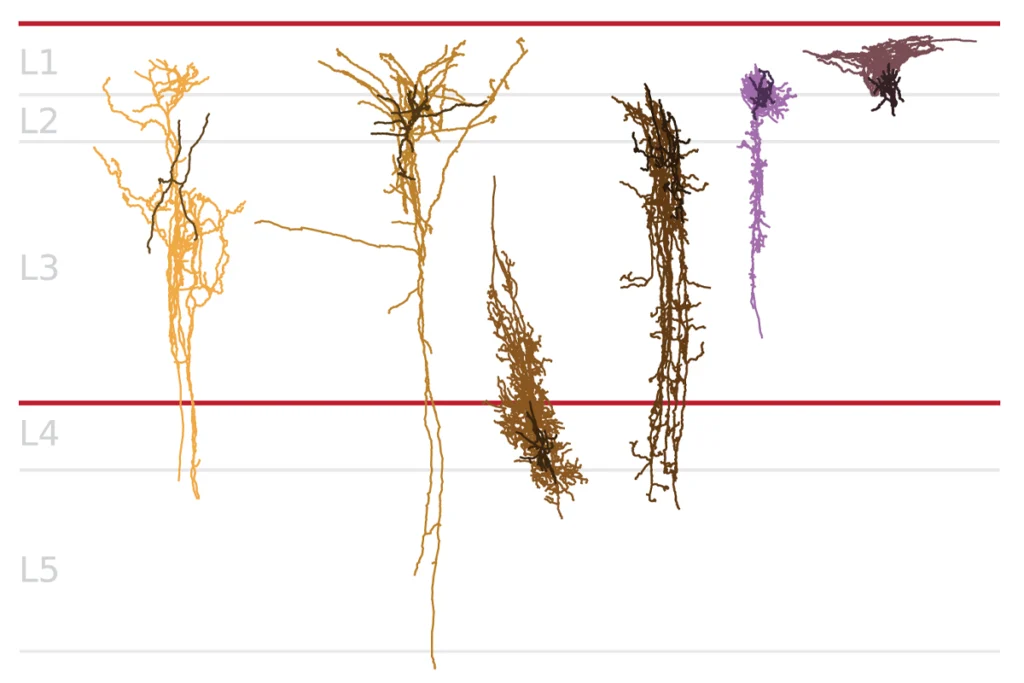
Early trajectory of Alzheimer’s tracked in single-cell brain atlases
Inflammation in glia and the loss of certain inhibitory cells may kick off a disease cascade decades before diagnosis.